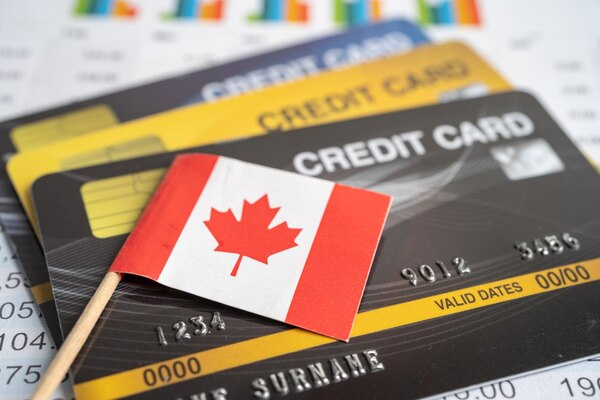Loans in Canada: What You Need to Know
When navigating the financial landscape in Canada, understanding the intricacies of loans is essential for making informed decisions. Whether you're considering taking out a loan for a home, a car, education, or business purposes, knowing the fundamentals can help you choose the best option for your needs. Here's what you need to know about loans in Canada.
Types of Loans

- Personal Loans : Personal loans are versatile and can be used for a variety of purposes, from consolidating debt to covering unexpected expenses. These loans typically have fixed interest rates and repayment terms ranging from one to five years. Both secured and unsecured options are available, with secured loans requiring collateral.
- Mortgage Loans : If you're planning to buy a home, a mortgage will likely be your largest loan. Mortgages in Canada can be fixed-rate or variable-rate, and terms commonly range from 5 to 25 years. It's vital to consider factors like down payment, interest rates, amortization period, and closing costs when selecting a mortgage.
- Auto Loans : These loans are specifically for purchasing a vehicle and usually have terms between 2 to 7 years. Interest rates on auto loans can vary based on the borrower's credit score and the term length. Some buyers opt for dealer financing, while others prefer to secure loans through banks or credit unions.
- Student Loans : To help cover the costs of post-secondary education, Canadian students can access both federal and provincial student loans. These need-based loans typically don't require repayment until after graduation. Interest rates and repayment plans can vary, so it's crucial to plan ahead for managing student debt.
- Business Loans : Entrepreneurs seeking to start or expand their business can consider business loans. Options include traditional term loans, lines of credit, and government-backed loans like those offered by the Canada Small Business Financing Program.
Key Considerations
- Interest Rates : Understanding the difference between fixed and variable interest rates is crucial. Fixed rates provide stability with consistent payments, while variable rates can fluctuate with market changes, potentially affecting monthly payments.
- Credit Score : Your credit score is a significant factor in loan approval and interest rates. A higher score often leads to better loan terms, so it's beneficial to maintain good credit health by paying bills on time and managing debts wisely.
- Loan Terms and Conditions : Pay attention to the term length, as shorter terms generally have higher monthly payments but less interest over time. Also, check for any fees, prepayment penalties, and flexibility in repayment plans.
- Approval Processes : Different lenders have varying applications and approval processes. Banks, credit unions, and online lenders might all offer different benefits and drawbacks, so shop around to find the best fit for your situation.
Government Programs
The Canadian government offers several programs designed to assist borrowers, especially first-time homebuyers and students. Programs like the First-Time Home Buyer Incentive and grants for educational pursuits can provide financial relief and should be considered as part of your financing strategy.
Final Thoughts
Taking out a loan is a significant financial commitment that requires careful consideration and planning. Understanding the types of loans available, their terms, and how your personal financial situation impacts your borrowing options can make the process less daunting. By staying informed and considering your long-term financial goals, you can choose the loan that's right for you and secure your financial future.